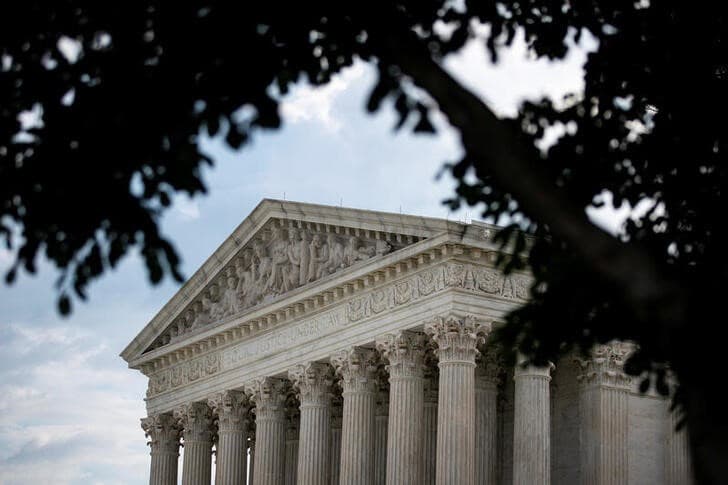Trump Administration Orders Review of Biden Era Refugees, Blocking Green Card Processing
A memorandum shows U.S. Citizenship and Immigration Services has ordered a broad review and re interview of roughly 233,000 refugees admitted from January 20, 2021 through February 20, 2025, and paused green card processing while the review is under way. The move could upend access to health care, housing, and legal protections for thousands already resettled in the United States, raising urgent public health and equity concerns.

U.S. Citizenship and Immigration Services has directed a comprehensive review and re interview of about 233,000 refugees admitted to the United States between January 20, 2021 and February 20, 2025, according to an internal memorandum dated November 21 and published by Reuters on November 24. The memo instructs USCIS to halt processing of green card applications for those refugees while the review proceeds and states that refugee status may be terminated if individuals are found not to meet statutory refugee criteria.
The action follows President Donald Trump’s earlier executive measures sharply reducing refugee admissions and prioritizing security and selection criteria. It represents an unprecedented re examination of another administration’s admissions and introduces new uncertainty for people who have already been vetted, resettled, and begun rebuilding their lives in communities across the country.
Refugee advocacy groups and some Democratic lawmakers criticized the directive as unnecessary and cruel, pointing to the multilayered screening refugees already undergo before arrival. USCIS did not immediately comment on the memo. Legal experts say the directive is likely to prompt litigation over due process, retroactive application of new standards, and the agency’s authority to terminate statuses granted under prior administrations.
Beyond legal battles, public health officials and community providers warn of immediate and practical consequences. Many refugees are in the process of obtaining lawful permanent resident status to secure stable employment and health insurance. The pause in green card processing could delay access to benefits tied to immigration status, disrupt continuity of care for chronic conditions, and complicate enrollment in public health programs at a time when primary care and mental health needs are high among resettled populations.
Health clinics and community health centers that serve refugee and immigrant populations face the prospect of increased administrative burden and resource strain. Case managers, interpreters, and social service providers will likely need to respond to renewed documentation requests and legal referrals, while trying to maintain treatment plans for conditions ranging from diabetes and hypertension to trauma related mental health needs. Public health departments also say the move risks undermining trust in institutions, which could deter individuals from seeking vaccinations or communicable disease screening and thus hamper community health efforts.
The directive carries particular implications for children and families who depend on predictable access to pediatric care, school based services, and nutrition assistance. Resettlement agencies that coordinate housing, employment and health access say a prolonged review will compound instability for those already living on narrow margins.
Policy analysts note that implementing a re interview process of this scale will require significant staff time and agency capacity, potentially creating lengthy backlogs that cascade across other immigration workflows. Congress and state leaders may be pressed to provide oversight and to shore up local health and social safety nets. Civil rights and immigrant legal organizations are gearing up to challenge the policy as a systemic measure that disproportionately affects vulnerable populations and exacerbates existing inequities in health and economic opportunity.
As the review begins, communities that welcomed refugees face a period of anxiety and uncertainty. The procedural shift underscores how shifts in federal policy can ripple into hospitals, schools and neighborhood clinics, and how immigration enforcement decisions intersect with broader concerns about public health and social equity.


